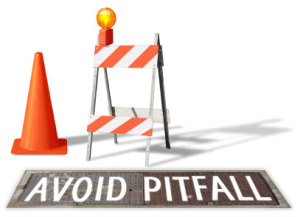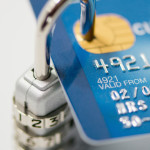Dear Liz: Regarding your recent answer regarding a mysterious debit charge, I beg to differ with your quoted source, Odysseas Papadimitriou of Evolution Finance, who said it was unlikely to be fraud. It took me all of 30 seconds to search online for “credit card fraud small amount” and found multiple reliable sites dedicated to just the kind of small-amount fraud your reader was asking about. I’m amazed that anyone claiming the slightest amount of expertise in credit card scams wouldn’t be aware of this. Ironically, nothing would help the scammers more than purported experts advising the public at large to ignore this type of fraud and assume instead it’s the result of their own oversight. Why such clearly wrong-headed advice is appearing in your column is beyond me.
Answer: Small-amount fraud is a problem — for credit cards. The original question and Papadimitriou’s answer related to a debit card transaction. While small-amount fraud is certainly possible with debit cards, Papadimitriou said the far more common pattern was for thieves to attempt to steal as much as possible before the card was shut down. That, and other details of the transaction, led him to conclude the credit union was probably correct that the transaction wasn’t fraudulent.
Dear Liz: In reading the story of the person with the errant charges on a debit card, I had a similar issue. I found a charge in a town where I had not traveled, at a business I was unfamiliar with. My bank wanted me to contact the business and explain my issue. I said NO! It turns out someone had “keyed” in my debit card number for a $19 charge in error. My response to my bank was that they made the error on giving away my money and that if they wanted to continue being my bank, they would resolve this issue and replace my money. It took about two weeks, but the merchant complied with the bank’s request and gave back the money.
Answer: In the original question, the transaction occurred in the questioner’s home town and the credit union said a PIN was used. It’s highly unlikely that both a debit card number and its PIN would be randomly entered in error.
But your experience highlights the problems inherent in using a debit card. Fraudulent transactions come directly out of your checking account, and you sometimes have to fight with your financial institution to get the money back.
With credit cards, you don’t have to pay the questionable charges until the credit card company investigates.
It’s vitally important to review all transactions on both debit and credit card accounts, and to question any unfamiliar charges. In this case, the merchant wasn’t clearly identified and the customer certainly has the right to push the credit union for more detail. But when all indicators point to forgetfulness rather than fraud, the reader may have to accept that the charge was legitimate after all.



